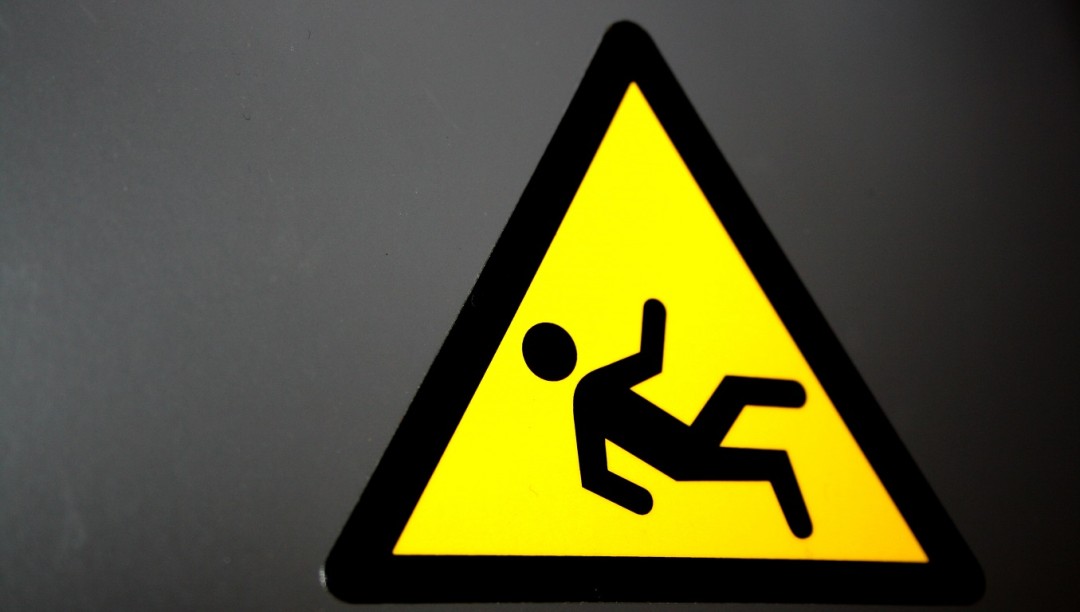I am a woman of faith, and I know that many of us could benefit from some time on a therapists’ couch. In spite of our prayers, fasting, and crying out to God some of us are fighting angry stomach butterflies and sleepless nights because of out of control worries. This week’s guest blogger is Crystal Zanders, LCPC (Licensed Clinical Professional Counselor). She will discuss anxiety, how to recognize it, and what that means to your faith. I have been affected by anxiety and spent more time pretending I didn’t have it than trying to understand and deal with it. This was not good for me, and it’s not good for you either. I hope you will pay attention and ask for help if you are struggling with anxiety.
A Therapist Talks About Dealing With Anxiety Guest Blogger: Crystal Zanders, LCPC
What is anxiety?
Anxiety in general terms is an emotional state in which an an individual may feel worried and/or nervous. Anxiety is more severe than being concerned. Often affected individuals may experience intense levels of uneasiness, unrest, and fear. The feeling can be disruptive to their emotional peace and overall function by interfering with the ability to sleep, concentrate and be productive.
What are the symptoms?
Symptoms of anxiety, inclusive of some factors stated above, can be intense worry regarding “something bad happening.” The “something bad” can oftentimes have no foundation or evidence to support the fear. Sometimes there is evidence. However, the emotional response can be a mismatch given the possible identifiable trigger. Again, the symptoms can include feelings of worry, nervousness, fear, uneasiness, unrest, ruminating/obsessive thoughts, insomnia, and poor concentration. Sometimes anxiety can be externally marked by an irritable, agitated, and edgy mood. An individual who is snippy and snappy, may not be rude and mean, they could be anxious. Physical symptoms of anxiety can include “butterflies in the stomach,” heart palpitations, tense muscles, and teeth grinding. We are a three-part being: we are a spirit, with a soul, that lives in a physical body. Thus, we can carry these symptoms within our triune being.
How is anxiety treated?
I specialize in treating clients with anxiety, depression, and mood disorders. I typically begin exploring with clients in identifying triggers to their anxiety. What are some scenarios, settings, people that may provoke the emotional response of anxiety? Once we can identify concrete triggers, we work on skills to properly manage their symptoms in those various situations. If not, we began to explore cognitive distortions that contribute to anxiety. I identify as a clinician that integrates Cognitive Behavioral Therapy with Christian Principles and Biblical Scripture. Cognitive Behavioral Therapy focuses on challenging negative patterns of thinking, that shape the way we feel about ourselves and our world, and thus behave. If we can restructure the thoughts, we can restructure our living, and thus reduce the debilitating symptoms and behaviors of anxiety and other disorders. This is soul work! The soul is where we think, feel, and decide with our will. Additionally, I coach and train my client in various anxiety reduction skills that include mindfulness/grounding activities, deep breathing exercises, flex exercises, calming prayers, listening prayer, and scripture to combat spiritual untruths.
What causes anxiety?
Research shows several causes for anxiety. Chemical factors indicate that an imbalance of chemical neurotransmitters within the brain can create an inability to properly process scenarios, and thus cause anxiety. While biological factors indicate that a family history of anxiety can create a predisposition to experience the symptoms and behaviors. Anxiety can also be a learned behavior, meaning that growing up in some environments one learns how mom or dad managed their stressors. If mom, dad, or a primary caregiver modeled anxiety or the management of their stressor created a tense environment, one may have a higher than likelihood to live out anxiety. It can be a combination of chemical, biological, and environment/learned behavior. Additionally, anxiety can come in the form of trauma that breakdowns the soul’s ability to withstand stressors.
Does anxiety mean you are a weak Christian?
Anxiety does not mean one is a week Christian. We live in a fallen world. We have fractured and wounded souls and we are in the ever-perfecting state of sanctification. Due to a propensity toward certain conditions (anxiety, depression, significant mood shift) we are vulnerable. So the goal is to participate with the Holy Spirit in the renewal process, be involved in discipleship, and receive the grace that Jesus established through the cross. One is not weak because they did not practice certain spiritual disciplines but, one is made strong by Christ (because when we feel weak, His strength is made perfect in us!) So, it is a glorious thing!!!
Crystal Zanders is in network with Aetna, BCBS PPO, Cigna, Magellan, and United Healthcare/Optum Behavioral Health. Her network status is pending with Tricare, Blue Choice/Select, and Humana. You can reach Crystal by phone at 708-590-9405 or email at letstalk@counselingwithcrystal.com.





